What is Tooth Sensitivity?
Tooth sensitivity, also known as dentin hypersensitivity, is a dental condition that manifests as discomfort or pain in response to certain stimuli. Individuals affected by tooth sensitivity often experience sharp pain when consuming hot, cold, sweet, or sour foods and beverages. Unlike other dental issues such as cavities or gum disease, tooth sensitivity is specifically tied to the exposure of dental nerves, which occurs when the protective enamel or gum tissue wears down.
This condition can vary significantly in intensity and frequency among individuals. Some may encounter mild discomfort, while others may experience severe pain that can impede their ability to enjoy daily activities, such as eating and drinking. The discomfort arises due to the exposure of the dentin layer, which contains tiny tubules leading to the tooth’s nerves. When the protective layers of the tooth are compromised, these nerves can become activated by various stimuli, resulting in pain.
Tooth sensitivity can be caused by several factors, including aggressive brushing, tooth grinding, or underlying dental problems. It is essential to differentiate tooth sensitivity from other dental issues since doing so can lead to better treatment and management of an individual’s oral health. The recognition of tooth sensitivity as a potential warning sign of underlying dental problems, such as gum recession, tooth decay, or fractured teeth, cannot be overstated. Dental professionals often encourage patients to seek advice and evaluation if they notice a change in sensitivity levels, as prompt action can prevent the condition from escalating into more severe dental issues.
Awareness of tooth sensitivity plays a crucial role in overall dental health. By understanding this condition, individuals can take proactive measures to address it and maintain their oral well-being.
Causes of Tooth Sensitivity
Tooth sensitivity is a common dental issue that can lead to discomfort and anxiety for many individuals. Various factors contribute to the development of this condition, affecting the nerves in the teeth and resulting in heightened sensitivity. One primary cause is enamel erosion, which occurs when the protective layer of enamel wears away due to acidic food and beverage consumption, abrasive dental products, or inadequate oral hygiene. This loss of enamel exposes the underlying dentin, containing microscopic tubules that lead to nerve endings, thereby increasing tooth sensitivity.
Another significant contributor is gum recession, where the gum tissue wears away, exposing the tooth roots. The roots are not covered by enamel and are more sensitive to temperature changes and touch. Additionally, tooth decay is a serious concern; cavities can penetrate through the enamel and dentin layers, reaching the nerve endings and causing pain or sensitivity to hot and cold stimuli.
Cracked teeth also lead to heightened sensitivity. The fractures can allow stimuli to reach the inner layers of the tooth, aggravating the nerves inside and provoking episodes of discomfort. Lastly, dental procedures such as teeth whitening or cavity fillings may temporarily increase tooth sensitivity. During these processes, the enamel and dentin can become more exposed, contributing to a short-term increase in sensitivity until the tooth recovers.
Considering the wide range of causes of tooth sensitivity, it is crucial for individuals experiencing discomfort to consult their dental care provider for a comprehensive evaluation. By understanding the underlying causes, appropriate treatments and preventive measures can be implemented to manage and alleviate the symptoms associated with this condition.
Symptoms of Tooth Sensitivity
Tooth sensitivity, also known as dentin hypersensitivity, is characterized by a range of sensations that can vary significantly among individuals. The primary symptom is a sharp, acute pain or discomfort in response to certain stimuli. These stimuli can include hot or cold food and beverages, sugary treats, or even cold air. Some patients may report a dull discomfort that lingers after the initial stimulus is removed, while others experience an intense, brief shock that subsides quickly.
The sensations associated with tooth sensitivity typically arise from exposing the underlying dentin, the sensitive inner layer of the tooth, which is usually protected by enamel. Individuals may notice that particular activities trigger these discomforting sensations. For instance, consuming icy drinks or biting into a warm slice of pizza can provoke sharp pain. Additionally, the severity of symptoms can fluctuate depending on factors such as dental hygiene habits, the condition of the teeth, and even seasonal changes in temperature.
Patients may also find that symptoms can be tied to specific areas within the mouth. Sensitivity is often localized to one or more teeth, especially those with worn enamel, receding gums, or existing dental work. The intensity and frequency of these sensations can range widely; some may encounter sensitivity only intermittently, while others suffer from persistent discomfort that disrupts their daily lives.
Recognizing these symptoms early is crucial for meaningful intervention. Individuals experiencing recurring tooth sensitivity should consider discussing their symptoms with a dental professional to establish an appropriate treatment plan. Understanding the nature of one’s tooth sensitivity and its triggers directly contributes to effective management and improvement of oral health.
Diagnosis of Tooth Sensitivity
Diagnosing tooth sensitivity involves a comprehensive evaluation by a dental professional to determine the underlying causes and appropriate treatment options. One of the first steps in this process is an in-depth dental examination, where the dentist assesses the patient’s oral health, inspecting for signs of enamel wear, gum recession, cavities, or other dental issues that may contribute to sensitivity. This clinical assessment is crucial, as it helps the dentist identify potential problems that might not be immediately apparent to the patient.
In addition to the visual examination, dentists often conduct specific tests to measure sensitivity levels. A common approach is the sensitivity test, which involves exposing the teeth to hot or cold stimuli. During this test, the dentist may apply hot or cold items, such as water or ice, to the affected teeth, observing the patient’s reactions to these sensations. This method allows the dentist to gauge the severity of sensitivity and determine which areas are most affected. Moreover, this test aids in ruling out any other dental conditions that may be responsible for the patient’s discomfort.
Another significant aspect of the diagnostic process is the patient’s dental history. Understanding the patient’s previous dental treatments, oral hygiene habits, and any recent changes in their routine can provide valuable insights. For example, a history of teeth grinding, frequent whitening treatments, or the use of highly acidic foods and beverages may contribute to increased sensitivity. By combining the findings from the dental examination, sensitivity tests, and patient history, dentists can make informed decisions regarding the causes of tooth sensitivity and develop a tailored treatment plan that addresses the individual’s specific needs.
Treatment Methods for Tooth Sensitivity
Tooth sensitivity, a common dental condition, can be effectively managed through various treatment methods, depending on its severity and underlying causes. One of the most readily accessible options is the use of over-the-counter desensitizing toothpaste. These specialized toothpastes contain compounds, such as potassium nitrate or strontium chloride, which help block the transmission of sensation from the tooth surface to the nerve, thereby reducing discomfort. Regular brushing with desensitizing toothpaste can yield significant relief over time.
For individuals experiencing more severe sensitivity, professional interventions may be necessary. Dentists often recommend fluoride varnish treatments, which involve applying a fluoride-rich solution to the affected teeth. This treatment not only strengthens the enamel but also aids in sealing open tubules that can contribute to the sensation of pain. Additionally, dental sealants may be utilized to protect the tooth surface and minimize exposure to external stimuli, offering a longer-term solution for some patients.
In cases where tooth sensitivity is linked to underlying dental issues, further procedures may be warranted. For example, if the sensitivity is due to receding gums that expose tooth roots, procedures such as gum grafting may be considered. In extreme situations where these conservative approaches fail, root canal therapy may be suggested. This invasive procedure, while more comprehensive, can ultimately eliminate sensitivity by addressing the underlying nerve distress caused by infection or deep decay.
Choosing the appropriate treatment method for tooth sensitivity involves careful evaluation of the individual’s symptoms and dental health history. Working closely with a dental professional can provide tailored recommendations, ensuring that the underlying factors contributing to sensitivity are thoroughly addressed. By utilizing both at-home and professional treatment options, most individuals can find effective relief from tooth sensitivity and restore their comfort.
Home Remedies for Tooth Sensitivity
Tooth sensitivity can significantly impact daily life, but there are various home remedies that may provide relief for those experiencing this discomfort. Implementing these remedies alongside regular dental care can help mitigate symptoms over time and promote overall oral health.
One of the simplest yet effective strategies is switching to a softer toothbrush. Brushing with a hard-bristled toothbrush can exacerbate tooth sensitivity by wearing down enamel and irritating the gums. Opting for a soft-bristled brush and applying gentle pressure while brushing can help protect tooth enamel and reduce discomfort.
Avoiding certain foods known to trigger sensitivity is also crucial. Acidic foods such as citrus fruits, tomatoes, and pickled vegetables can worsen the pain in sensitive teeth. Similarly, very hot or cold items, including ice cream or hot beverages, should be cautiously consumed. Maintaining a balanced diet while steering clear of such irritants can contribute to a more comfortable experience when eating.
Another effective home remedy is utilizing saltwater rinses. A simple mixture of warm water and salt can serve as a soothing mouthwash. Saltwater rinses can aid in reducing inflammation and help in promoting healing of irritated gums, creating a more comfortable environment for sensitive teeth. It’s advisable to rinse twice a day for optimal results.
In addition to these remedies, maintaining robust oral hygiene is essential. Regular brushing, flossing, and routine dental check-ups play a fundamental role in preventing tooth sensitivity. Consider using a fluoride toothpaste specifically designed for sensitive teeth. This type of toothpaste helps repair enamel and can shield exposed nerves, thereby lessening sensitivity over time.
In conclusion, various home remedies such as using a softer toothbrush, avoiding trigger foods, utilizing saltwater rinses, and adhering to good oral hygiene practices can substantially alleviate tooth sensitivity. Implementing these strategies can lead to greater comfort and improved dental health.
Preventing Tooth Sensitivity
Tooth sensitivity can be a distressing condition, but with proactive measures, it can often be prevented. At the heart of preventive strategies is the maintenance of optimal oral hygiene. Brushing teeth at least twice a day with fluoride toothpaste, which strengthens enamel, is vital. Additionally, using a soft-bristled toothbrush minimizes the risk of enamel wear and gum recession, both of which can contribute to tooth sensitivity. It is essential to gently brush in a circular motion, rather than applying excessive pressure that could damage the teeth and gums.
Dietary choices also play a crucial role in protecting tooth enamel. Consuming a balanced diet rich in calcium and vitamin D can enhance the strength of teeth. Foods such as dairy products, leafy greens, and fish should be incorporated into daily meals. Conversely, it is advisable to limit the intake of highly acidic foods and beverages, such as citrus fruits and soda, which can erode tooth enamel over time. When enjoying these acidic options, using a straw can help reduce contact with teeth, thereby protecting enamel integrity.
Another common cause of tooth sensitivity is teeth grinding, known as bruxism, which can wear down teeth and expose sensitive areas. Employing stress management techniques, such as yoga or meditation, can help reduce the likelihood of grinding. Moreover, a dental professional may recommend a custom mouthguard to wear at night, providing a buffer that protects enamel and prevents further wear.
Regular dental visits are crucial for early intervention and the prevention of more severe issues related to tooth sensitivity. Dentists can assess oral health and recommend personalized care plans, addressing any potential problems before they escalate. By prioritizing these preventive measures and practicing diligent oral care, individuals can significantly reduce the risk of developing tooth sensitivity.
Frequently Asked Questions about Tooth Sensitivity
Tooth sensitivity can be a concerning condition, leading many individuals to seek clarification on several related issues. One common inquiry pertains to the severity of sensitivity symptoms. Typically, individuals may experience discomfort or pain when consuming hot, cold, sweet, or acidic foods and beverages. The intensity of these symptoms can vary greatly among different individuals. In some cases, the sensitivity may be mild and only temporary, while others may endure severe pain that interferes with daily activities. Consulting a dental professional is advisable if symptoms persist, as they can help identify underlying causes.
The duration of tooth sensitivity can vary as well. Some individuals may experience acute sensitivity after specific triggers, while others might face chronic discomfort over an extended period. Factors contributing to chronic sensitivity include gum recession, worn enamel, or cavities. Furthermore, certain dental procedures, such as teeth whitening or fillings, can lead to temporary sensitivity that usually resolves with time. If the symptoms are persistent, it is essential to seek dental advice to rule out any serious underlying issues and to receive appropriate treatment.
Another frequently asked question involves the potential links between tooth sensitivity and other health concerns. Recent studies indicate that dental health can indeed reflect overall health. Conditions such as bruxism, diabetes, or gastroesophageal reflux disease (GERD) can exacerbate tooth sensitivity. Addressing these health issues may alleviate discomfort linked to sensitive teeth.
For those seeking treatment options, especially in regions like Istanbul, Turkey, several reputable clinics specialize in managing tooth sensitivity. Noteworthy clinics include Dr. Abdulrahman Öztürk’s clinic, known for its comprehensive dental services; DentPlus Clinic, recognized for its personalized care; and Taksim Clinic, which offers advanced dental technology. Prospective patients are encouraged to schedule consultations to discuss their symptoms and explore tailored treatment plans.
When to See a Dentist
Tooth sensitivity is a common issue that may not always require immediate medical attention; however, certain symptoms signal a need for professional dental help. Recognizing these signs early on can prevent the progression of dental problems and ensure timely intervention.
One of the primary indicators that a dental visit is necessary is persistent pain. If tooth sensitivity escalates to a level where it disrupts daily activities or worsens over time, it is crucial to seek dental advice. This pain may be associated with various underlying issues, including cavities, gum disease, or an abscess, all of which necessitate professional evaluation and treatment.
Swelling around the affected area is another symptom that warrants immediate dental attention. Inflammation can suggest an infection or other serious conditions that could lead to more significant health concerns if left untreated. Signs of swelling often accompany sensitivity and can indicate that the tooth’s health has deteriorated significantly. Ignoring such symptoms may result in complications that prolong treatment and increase discomfort.
Additionally, if tooth sensitivity occurs with visible signs of infection, such as pus or a foul taste in the mouth, these are critical symptoms that must not be overlooked. Such signs can indicate a need for urgent care to manage and eliminate the infection effectively. Prompt dental intervention can prevent the spread of infection to other areas of the mouth or even the body.
In summary, recognizing when to see a dentist regarding tooth sensitivity is essential for maintaining optimal dental health. Persistent pain, swelling, and signs of infection should prompt immediate consultation with a dental professional to address potential complications before they escalate. Taking these symptoms seriously can lead to timely and effective treatment, preserving both oral health and overall well-being.

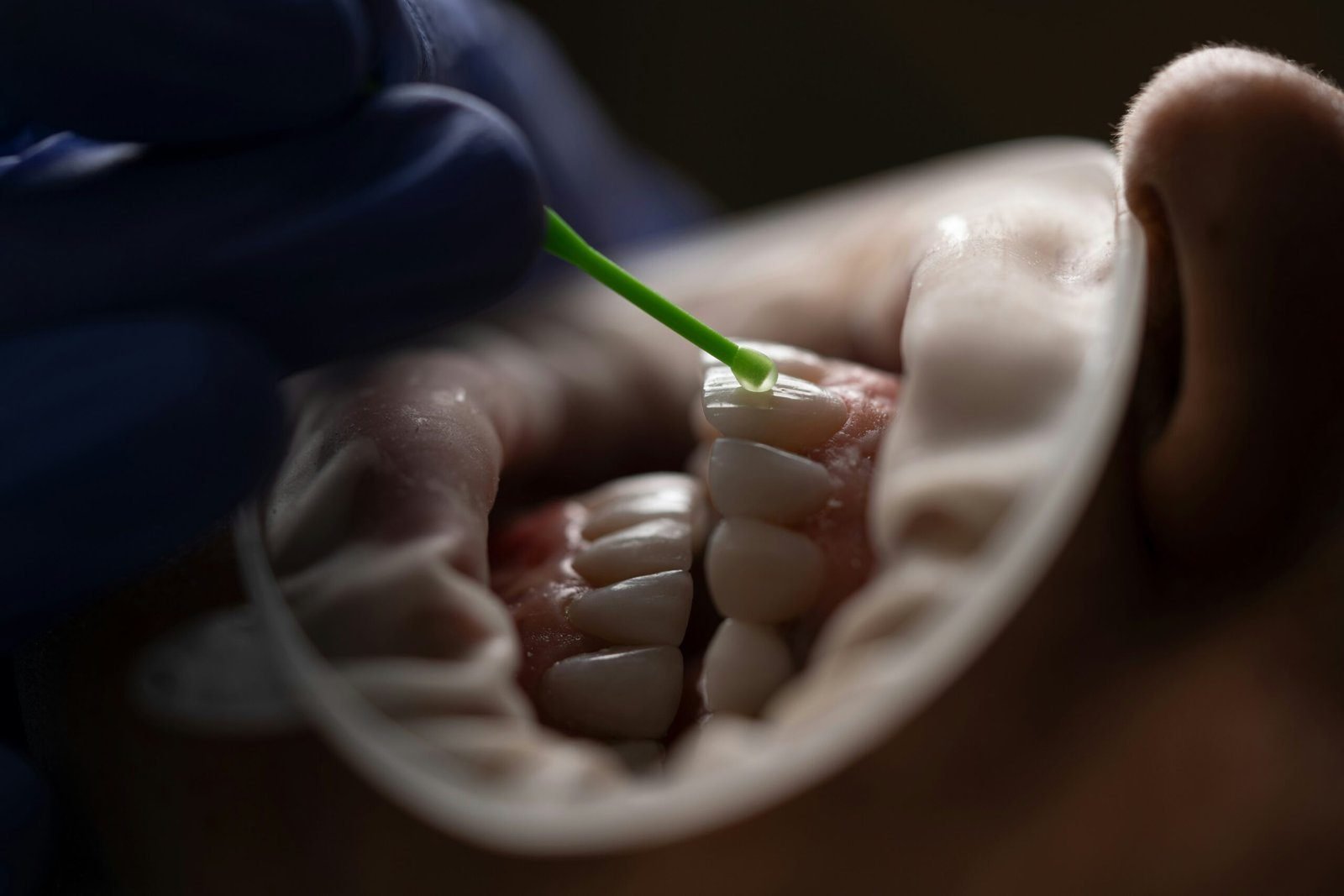
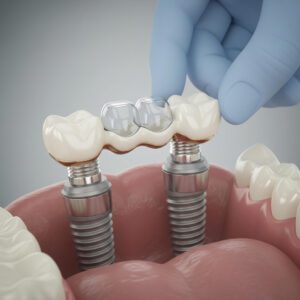

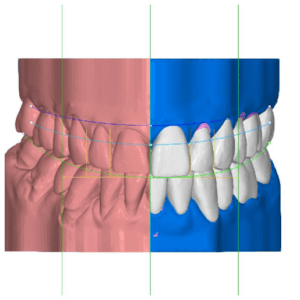
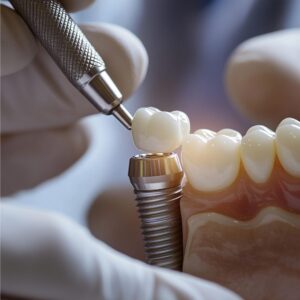
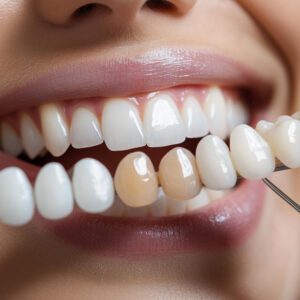
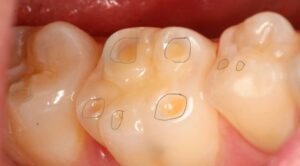

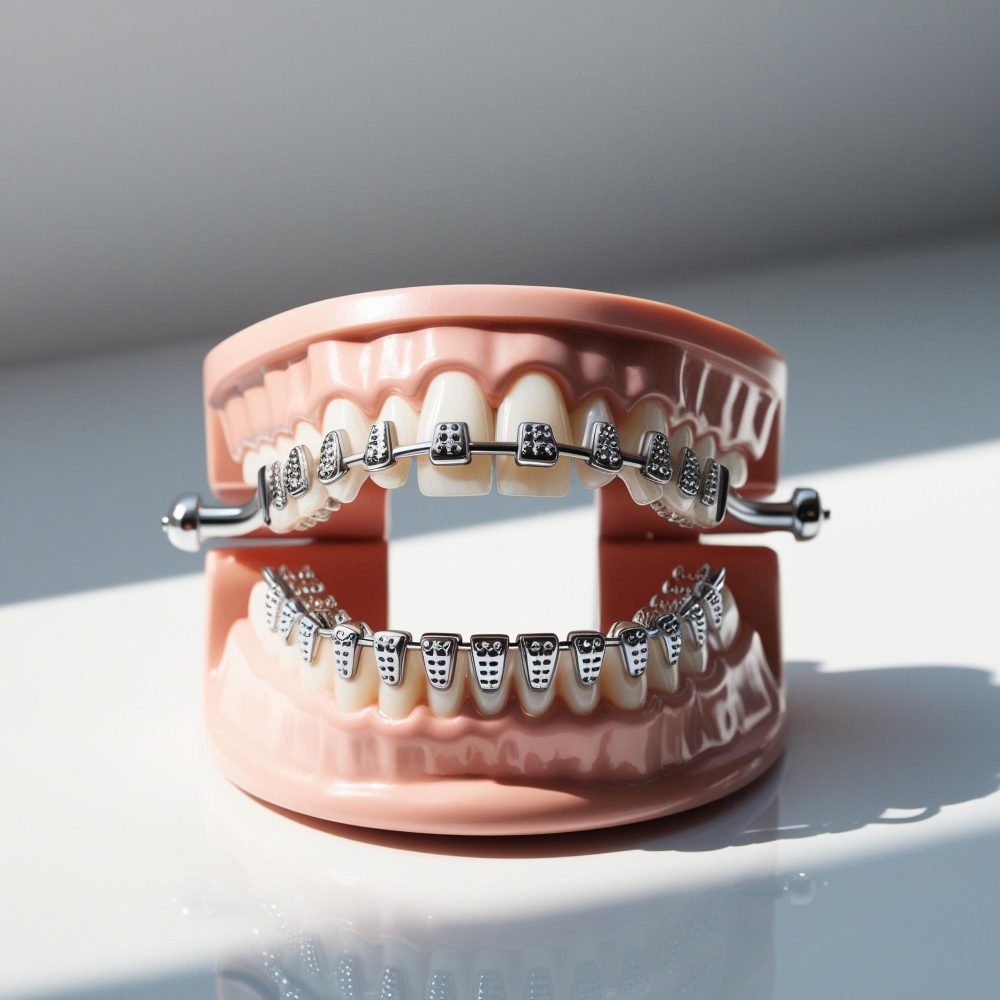
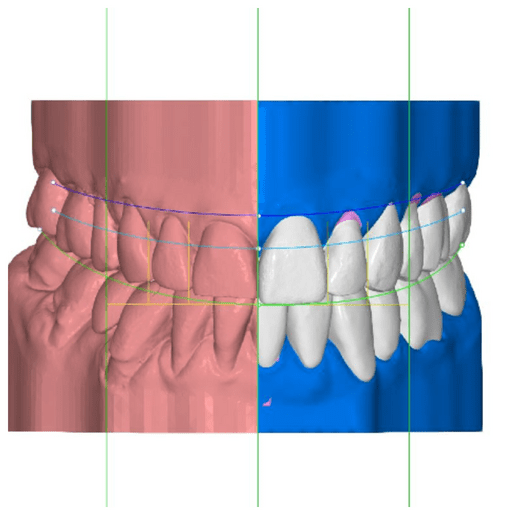



15 Responses